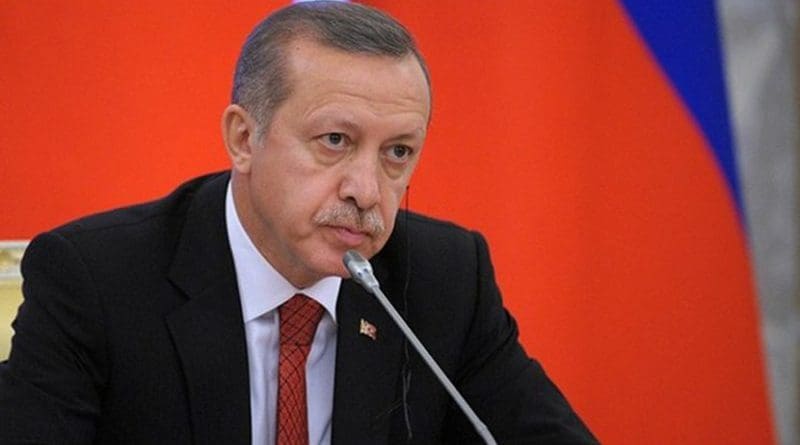Erdogan’s Sarajevo Rally Triggers Online War-Of-Words
By Hamdi Firat Buyuk
Unwelcome in Western Europe, the Turkish president’s plan to hold an election campaign rally in the Bosnian capital triggers furious debate on social media.
Policymakers and analysts will debate the political significance of Turkish President Recep Tayyip Erdogan’s upcoming pre-election rally in Sarajevo – and of Bosnia’s consent – for some time to come.
But on social media, the battle lines have already been drawn.
“Welcome, our Sultan – our brother Turks were and remain the only friends of our people in the Balkans,” one Facebook user wrote on the newly-created page ‘Support for President Erdogan’s Sarajevo Visit’.
“Dictator!” wrote another on a rival page, ‘Citizens of Sarajevo against Erdogan’s rally’.
News broke last week that Erdogan and his Justice and Development Party would rally the Turkish diaspora in Europe in the Bosnian capital on May 20 before presidential and parliamentary elections called for June 24 – one-and-a-half years ahead of schedule.
It followed bans by Austria, the Netherlands and Germany on campaigning by Turkish parties among the sizeable Turkish communities in those countries, a reflection of how far relations have soured between the European Union and Turkey under Erdogan.
In an interview with Klix.ba, the Turkish ambassador to Sarajevo, Haldun Koc, described Erdogan’s trip as a working visit and said he would attend a convention of the Union of European Turkish Democrats, UETD, a Turkish lobbying organisation which recently established a sister organisation in Bosnia called the Union of European Balkan Democrats, UEBD.
That convention is planned for Sarajevo’s reconstructed 20,000-capacity Olympic hall.
Bosnia’s consent to such an event by a man accused by the EU of rolling back democratic freedoms and waging a furious crackdown on opponents goes to the heart of a rift within Bosnia over the country’s future in Europe and the legacy of centuries of Ottoman Turkish rule.
Supporters see Turkey as a strong financial and diplomatic ally, a protector of Muslim Bosniaks in a country still vulnerable to the rivalries of outside powers. Others argue Erdogan treats Bosnia as a vassal, a tool in his efforts to build Turkish influence in former Ottoman lands.
While some Bosnian supporters called Erdogan the ‘father’ of Bosniaks, other online opponents called for a counter rally.
“Erdogan is defying Europe via Sarajevo,” one comment read. “We’re merely a pawn in his political skirmishes.”
Some media reports say more than 10,000 Turks will travel from European countries for a glimpse of Erdogan. Local Bosniaks, Turks and Muslim groups who reside in Bosnia and other Balkan countries are also expected to attend, some out of their own pocket, others on transport laid on by organisers.
Online, those in favour of the event lauded Erdogan’s success in growing the Turkish economy, increasing the country’s regional clout and support for Muslims in the Balkans and beyond.
Critics highlighted his increasing authoritarianism, human rights violations and worsening relations with the West.
‘WELCOME PRESIDENT’, wrote one Facebook user. “If we have hope in anyone to help us survive, it’s you, Mr President, and the Turkish people.”
Another was less enthusiastic: “We’ve had enough of being someone else’s satellite,” they wrote.

